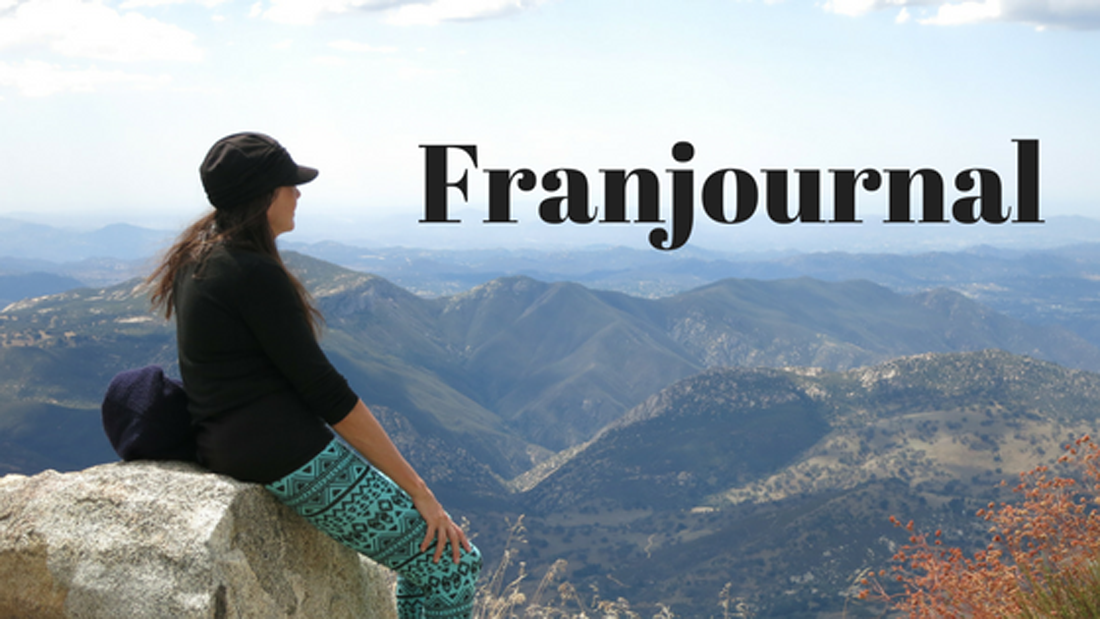Sunday 27 April 2014
On public spaces, money and... Wallander
I remember reading something by the philosopher Betrand Russell about a utopic society in which people live in frugal apartment buildings but share grand public spaces, like an amazing dining room with stylish furniture, oil paintings, statues, etc. I never found this essay again, so now I am wondering whether it was a figment of my imagination. But let's pretend he did write it. The closest place to this utopia that I have found is London. Apart from the obvious public spaces, like parks, gardens, museums, galleries and libraries, which are almost all free, there is also a quite relaxed code when it comes to cafes and bookstores. You can sit in a cafe for hours with just one cup of coffee, and some bookstores have comfortable couches that encourage you to flick through as many books as you want. In recent years I have become quite an expert in London's public spaces because I've started to appreciate Russell's utopia. I don't need to own a Vermeer or a Rembrandt. I can go to Kenwood House, sit on one of their new leather couches and let my eyes feast on great paintings and amazing furniture. For a reasonably affordable fee, I can become a friend of galleries and museums and have access to the members' rooms, most of which have couches and armchairs. And some, like Tate Modern, offer breathtaking views of the city. Of course most spaces, including the free ones, like the Barbican Centre, also have free wi-fi. So, two or three times a week, I pack my explorer kit - hat, water, a printed map or itinerary and my smartphone - and I go on a reconnaissance mission. Some interesting points that I have noticed. One is an intense feeling of transience. I am aware that I am only passing by, that this place doesn't belong to me. The other is a strong impulse to buy. I noticed that while I was perusing some art books in a bookstore (on the comfortable couch). I had this strong impulse to buy at least one book. Of course there are books that I consult over and over and so I need to have them, but exhibition catalogues and art books I hardly ever open again. This made me think about our, or at least my, relationship with public places. I wonder if we "mark" them, if there is an instinct to assert ownership. Something very primal. I seem to have a sequel of rituals in public spaces, especially the newly discovered ones. I have to sit on a number of different chairs, facing different directions, I have to buy something, at least a coffee, listen to my jazz radio and... read Wallander. I have read Wallander all over London, he's been my fellow explorer. Why Wallander? Well, I started reading Mankell's books because I can download them for free from the library, and they are an easy read, ideal for tube journeys. They are also gripping and well written. But so are a lot of other books. I don't know why Wallander, I don't think I would particularly like the guy as a friend, but his environment has become familiar and gives me the continuity I miss when I am outside. I am down to the last book, so I'll have to say goodbye to my travelling companion soon and find a replacement. I feel almost sad. This exploring voyage has also made me think about money a lot. Not about the usual stuff that you can easily find in millions of books and articles and blogs. But money as a way of marking one's territory and asserting continuity. The exchange of symbolic value and goods as a way to declare one's existence. It's very subtle, yet very strong. Public spaces are a way to enjoy an infinite wealth of beauty, information, comfort and, well, wealth itself. But the act of buying gives us roots, so that we don't fly away or become transparent. It's holding on to something, it's not trusting the flow. If we could trust the flow, the next non-Wallander book, and all the free internet things, videos, tutorials, articles, and all the things we have already, pens, pencils, notebooks, clothes, conversation (remember conversation?), we could free ourselves from this need to find roots through financial transactions. This is only a small part of the huge subject of money, but it's an interesting and not commonly explored side, the urge to buy things that we already have or that we can enjoy for free.
Subscribe to:
Post Comments (Atom)


No comments:
Post a Comment